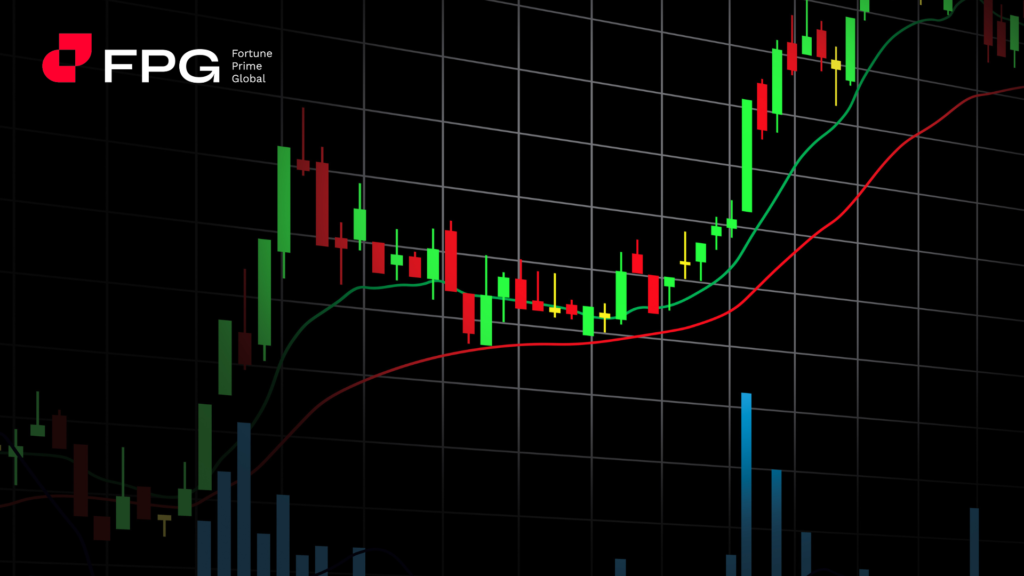How to Use the CCI (Commodity Channel Index) in Trading


The Commodity Channel Index (CCI) is a versatile indicator that has found its application not just in the commodity markets but also in equities, currencies, and more. Developed by Donald Lambert, the CCI measures the variation of a financial instrument’s price from its statistical mean. This article aims to provide a comprehensive guide on how to use the CCI in trading.
What is the Commodity Channel Index (CCI)?
The CCI is a momentum-based oscillator that helps traders identify overbought and oversold conditions in a traded security. It is calculated using the average price of the asset and compares it to the asset’s moving average and the divergence of the moving average.


How Does CCI Work?
The CCI oscillates above and below zero. Generally, a CCI above +100 indicates that the asset is overbought and could be ripe for a sell, while a CCI below -100 indicates that the asset is oversold and could be ripe for a buy.
Setting Up the CCI on Your Trading Platform
- Navigate to Indicators: Open your trading platform and go to the indicators section.
- Select CCI: Choose the Commodity Channel Index from the list of available indicators.
- Adjust Settings: The standard period for CCI is 14 days. However, you can adjust this according to your trading strategy.
Trading Strategies Using CCI
- Trend Identification
When the CCI is above zero, it generally indicates a bullish trend, and when it’s below zero, it indicates a bearish trend. Traders often use this as a confirmation tool for entering or exiting trades.
- Overbought and Oversold Signals
A CCI reading above +100 is considered overbought, and a reading below -100 is considered oversold. These are classic signals for potential reversals in the market.
- Divergence Trading
Divergence occurs when the price of an asset is moving in the opposite direction of a technical indicator, such as the CCI. This is often a strong signal for upcoming price reversals.
- Breakout Trading
Some traders use the CCI to identify potential breakouts. For instance, if the CCI moves above +100 and stays there, it could be an indication that the asset is breaking out to the upside.
Tips for Using CCI Effectively
- Use with Other Indicators: CCI is best used in conjunction with other indicators for confirmation.
- Watch for False Signals: Like all indicators, CCI can produce false signals. Always use risk management strategies to protect your investment.
- Backtest: Before applying any strategy, backtest it on historical data to see how it would have performed.
Conclusion The Commodity Channel Index is a powerful tool for traders, offering a range of applications from trend identification to spotting potential market reversals. However, like any trading indicator, it’s essential to use it as part of a well-rounded trading strategy that includes risk management and the use of other complementary indicators.
The information provided on this trading articles page is for educational and informational purposes only. Trading involves risks and may not be suitable for everyone. Past performance is not indicative of future results, and we encourage readers to do their own research and consult with a licensed financial advisor before making any investment decisions.





